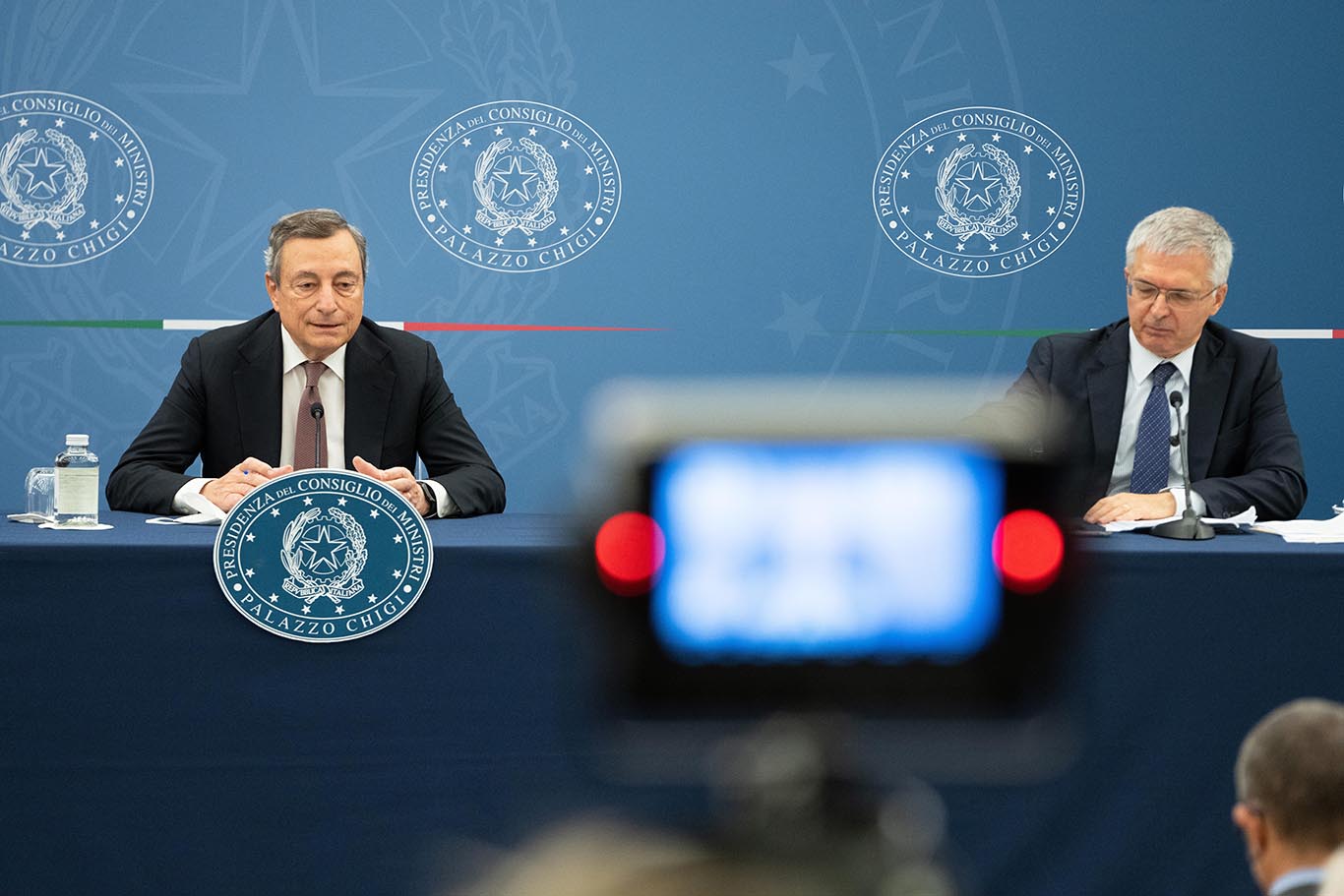What does the fiscal delegation on green taxes provide?

The law on fiscal delegation provides for a modification of the tax rates on energy products, to favor the abandonment of fossils and the development of renewables. Here's what it means and what will change
The law on fiscal delegation , approved yesterday by the council of ministers ( here the full text ), which was discussed a lot especially in relation to the land registry reform , also aims to promote the use of renewable energies and to discourage that of energy sources. that emit greenhouse gases.
WHAT THE LAW SAYS ABOUT VAT AND RENEWABLE SOURCES
In article 5 of the bill entitled "Rationalization of value added tax and other indirect taxes", we read that the government wants to "adapt, in line with the European Green Deal and the harmonized European excise tax regulations, structures and rates of indirect taxation on the production and consumption of energy products and electricity, with the aim of contributing to the gradual reduction of greenhouse gas emissions and the promotion of the use of renewable and environmentally friendly energy sources ".
THE OBJECTIVES OF THE EUROPEAN UNION ON ENERGY AND CLIMATE
In essence, the law aims to align Italian tax legislation with the climate objectives of the European Union, which wants to reduce its greenhouse gas emissions by 55 percent (compared to 1990 levels) until their net zero in 2050. unattainable targets without an increase in energy capacity from renewable sources and a parallel detachment from fossil fuels (starting with coal, the most polluting, and in the longer term also from natural gas).
THE PRICE OF CARBON
To encourage this transition from fossil to renewable sources, the European Union is focusing heavily on the progressive increase in the price of carbon. The Fit for 55 plan – or the package of climate measures to be implemented in view of 2030 – therefore provides for the expansion of the ETS, i.e. the system for trading emissions quotas. The European Union has created a market that guarantees companies a certain number of "pollution permits" per year, which must not exceed: over time this number is reduced, causing the price of carbon to rise, and less polluting companies can sell its unused quotas to those that would otherwise exceed the maximum threshold.
Last August, the European price of carbon reached 60 euros per tonne of CO2; in September 2020 it was around 28 euros. The increase has contributed – but it was not the main cause, which is another – to the increase in bills in the last quarter of the year, in Italy and beyond.
TAXES ON CO2
The CO2 quota trading system, as the analyst Guido Salerno Aletta explained , "represents a form of environmental taxation, based on the principle of proportionality and correspondence according to which 'the dirtier, the more pays'".
Basically, each power generation plant has its own CO2 emission coefficient for each kilowatt hour produced. This coefficient is very high for coal and fuel oil plants (two particularly polluting fossil sources); it is on average high for natural gas plants; it is very low or zero for renewable and nuclear plants.
For this reason, each state of the European Union collects greater or lesser proceeds from the sale of emission quotas depending on the energy source most used for the production of electricity. Italy is in fourth place in Europe by revenue (after Poland, Germany and Spain) given the very important role of natural gas.
To contain the increase in bill prices, both in July-September and October-December. the Italian government drew on the revenues from the auctions of CO2 emissions quotas.
THE AIM OF THE TAX DELEGATION
In summary, the law on fiscal delegation provides for the possibility of financing incentives for the development of renewables through the taxation of energy products, modifying the rates progressively according to their carbon content.
In this way, Italy would be aligned with the European Directive 2003/96 / EC , the one dedicated to the restructuring of the Community framework for the taxation of energy products and electricity.
This is a machine translation from Italian language of a post published on Start Magazine at the URL https://www.startmag.it/economia/delega-fiscale-tasse-energia-sviluppo-rinnovabili/ on Wed, 06 Oct 2021 10:41:57 +0000.
